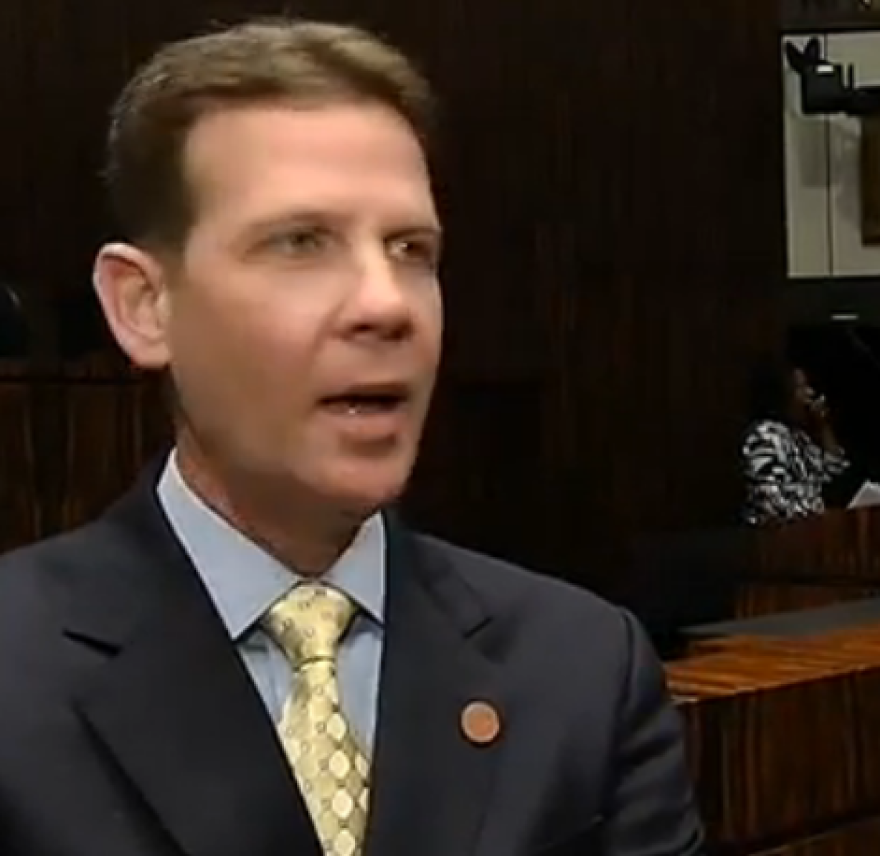Florida lawmakers want to curb rising costs in healthcare. But they’re at odds over how to do that. Several plans have been put forth to improve patient access, but it’s not certain whether they’ll do much to help the bigger issue of cost.
--
Telemedicine. Ambulatory Care. Certificate of need and concierge medicine. They’re all ideas aimed at helping people access healthcare. But will they bring down costs? Senate President Andy Gardiner says they will be on the table when lawmakers reconvene for their annual lawmaking session in January.
“Everyone is seeing the rise in healthcare costs but we have to be very careful we don’t take second tier issues that may be innovative ideas and say this will fix the healthcare problem," he told reporters during the annual AP Day at the Capitol. "If you’re going to have a healthcare discussion you have to talk about everything including uncompensated care.”
Those comments are similar to what Senate Budget Chairman Tom Lee said last week.
“There’s reasons why there’s so much focus on things like those. It’s because there’s a real, real problem on the horizon from our state budget standpoint, and we have an obligation to manage it before it becomes a crisis and not ignore it and kick the can down the road," Lee said.
Earlier this year the Senate pushed to accept federal money to expand Medicaid to more low-income Floridians, but the House and Governor Rick Scott balked. Since then though, Florida’s healthcare funding picture has not improved. The state’s healthcare expenses keep rising while nearly three million people remain uninsured.
One of the main federal programs supporting those uninsured Floridians will decrease again next year, and the legislature will have to find ways to fill the gap.




